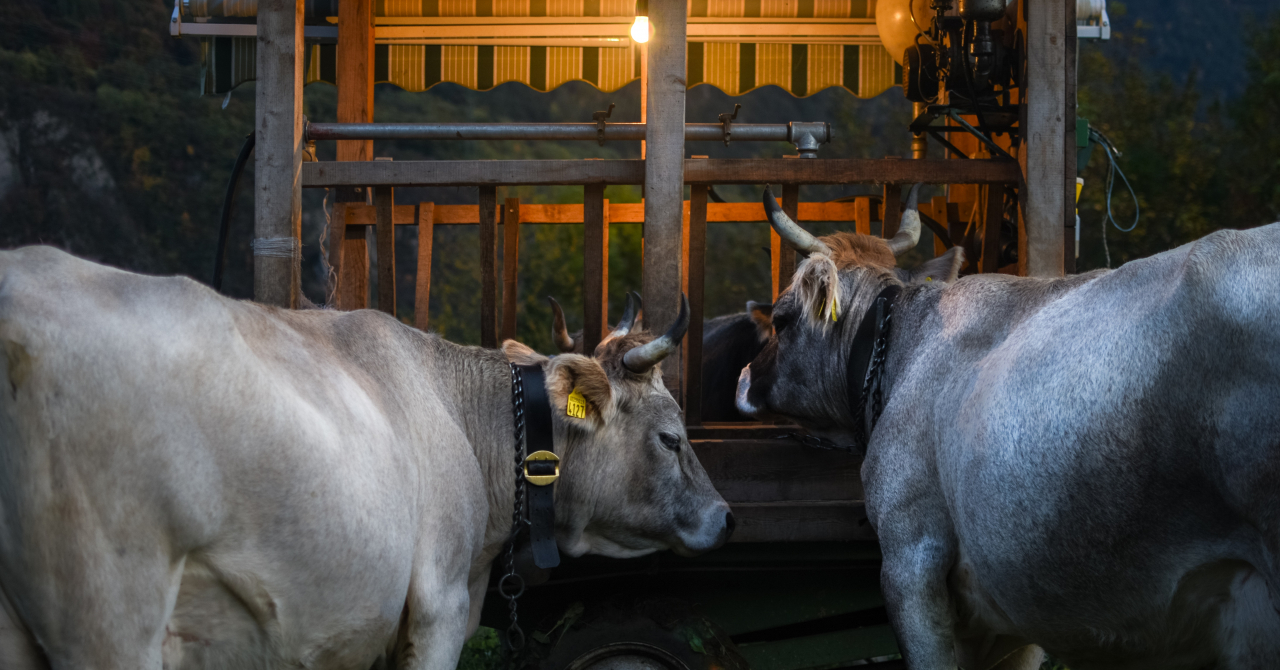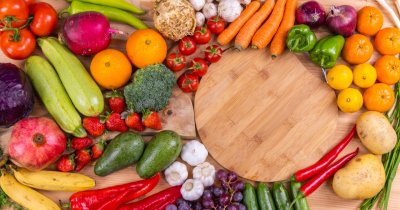UPDATE September 26th 2022:
People from Switzerland voted against the proposal to ban factory farming on Sunday, September 25th.
According to the government's VoteInfo App, the provisional result showed that 62.86% of the people rejected the country official's proposal to tighten the laws regarding animal welfare.
According to The Guardian, the Swiss constitution already protects the "welfare and dignity of animals" and if the new law is passed, it will add an animal's right, which implies that they shouldn't be intensively farmed
Silvano Lieger, managing director of the animal protection group Sentience Politics, which proposed the vote in 2018, stated that the current Swiss law: "you can keep 27,000 chickens in one barn and their room to move is about the size of an A4 sheet of paper."
"Pigs are kept in barns too, up to 1,500 per farm, with 10 pigs sharing the space of an average parking spot. It is not possible to treat animals in a dignified way in those conditions", he added.
The law has multiple supporters, including small animal protection groups, Greenpeace and the Small Farmers' Association.
Lieger also mentioned that the law would have important benefits for the environment as well, since it would cut reliance on soy-based animal feedstock, which is linked to deforestation.
The Swiss Farmers' Union (SBV), on the other hand, is against this law, as officials say that the existing laws already limit the number of animals farmers are allowed to raise, which means that factory farming doesn't exist in the country.
SBV’s head of production, market and ecology Michel Darbellay states that Swiss farmers are only allowed to keep as many as 18.000 laying hens and 27.000 meat chicken at one given times in their farms.
Should the new law pass, it would mean that the maximum number for laying hens will be 4.000 and for meat chicken, 500.
At the same time, the new ban would mean a 50% reduction in national pork production.
Lieger added that the law wouldn't have a number limit for pigs and cattle, instead it asks for the animals to be placed in small groups, so that they can have plenty of space inside and outside where they can play.
People from Switzerland ate less meat than the average citizen in the EU in 2020, at about 51 kg per person.
However, when it comes to milk and dairy products, the Swiss consumed some 301 kg of product per head.
 Mihai - Cristian Ioniță
Mihai - Cristian Ioniță












Any thoughts?